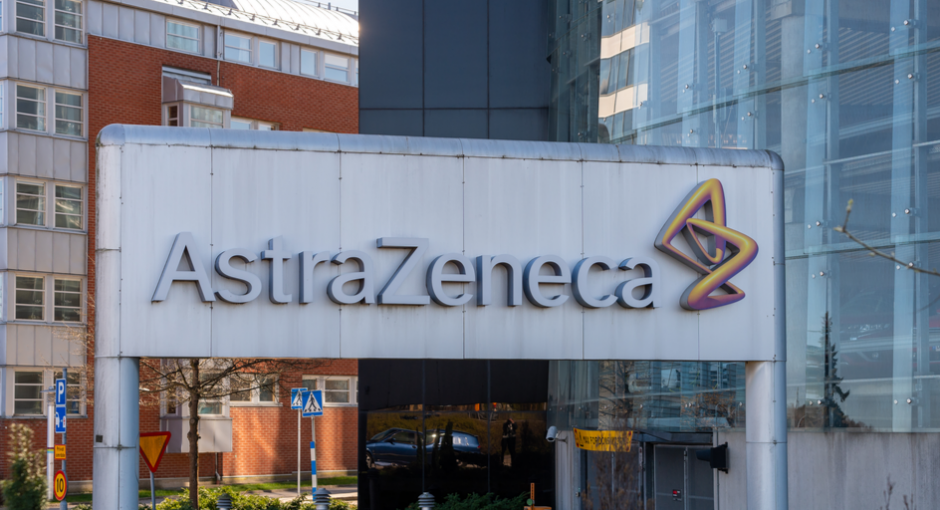Drug manufacturer AstraZeneca and the federal government each told a federal district court last Friday why it, and not the other, should prevail in Astra’s lawsuit over the government’s 340B contract pharmacy requirements.
The Aug. 6 filings were the latest waypoint on the path toward a ruling on the legality of the government’s May 17 letter informing the company that its policy of denying 340B pricing when covered entities use contract pharmacies results in overcharges and violates the 340B statute. Astra and the government filed dueling briefs on July 23.
The U.S. Health Resources and Services Administration (HRSA) in May ordered Astra and five other manufacturers with similar policies to immediately resume offering 340B pricing without conditions and provide refunds or credits for overcharges. Continued defiance could lead to imposition of civil monetary penalties, HRSA warned.
In late June, U.S. Chief District Judge Leonard Stark of the District of Delaware set aside and vacated the U.S. Health and Human Services Department (HHS) general counsel’s Dec. 30 advisory opinion stating that the 340B statute compels drug manufacturers to offer 340B pricing when covered entities use contract pharmacies. The lawsuit now centers on the legality of HRSA’s May 17 violation letter to Astra.
In Astra’s Aug. 8 filing, the company says the letter rests on the same legally flawed premise as the advisory opinion. The U.S. Justice Department (DOJ), representing HRSA and HHS in the case, said in its brief that Astra “offers no cogent response to the incontrovertible evidence demonstrating that it has unlawfully overcharged for 340B-eligible drugs and denied covered entities the ability to purchase discounted drugs to which they are statutorily entitled.” DOJ called these “clear-cut” violations of the 340B statute.
Judge Stark has scheduled arguments for Sept. 14.


